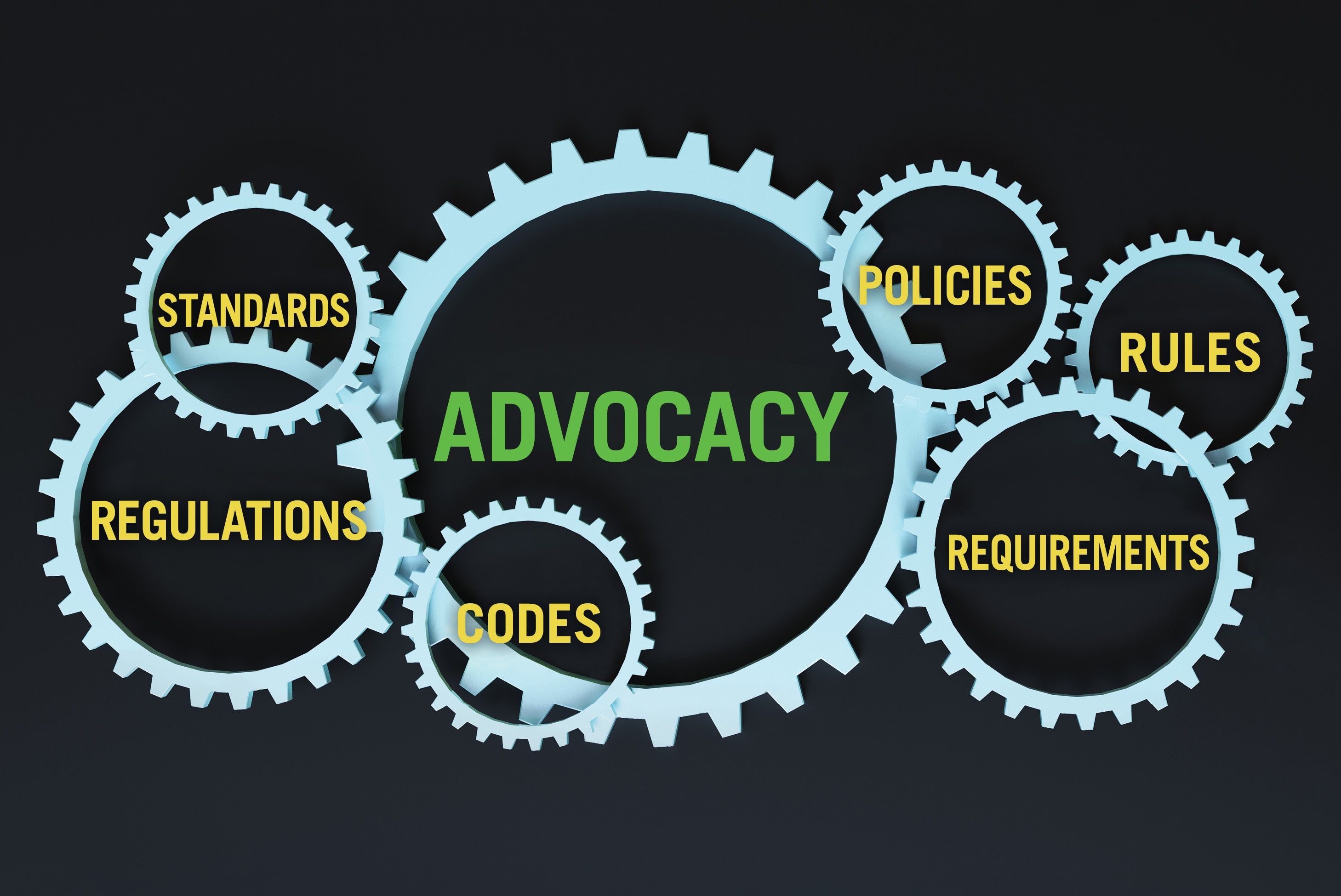ASHE tools enable members to advocate for themselves
Change is happening quickly in facilities management. COVID-19 led to a series of new and updated codes and standards that are still evolving. Technology is advancing. Succession planning is becoming increasingly important. And sustainability is creating new challenges — and opportunities — for facilities managers.
Now more than ever, staying on top of fast-moving changes and learning to advocate for themselves is necessary for facilities managers, says Chad Beebe, AIA, CHFM, CFPS, CBO, FASHE, deputy executive director at the American Society for Health Care Engineering (ASHE).
“Health care is focused on operational optimization — or ensuring that your operations are performing as efficiently and as effectively as possible,” he says. “The ASHE Advocacy Team is working to provide the materials and resources facilities managers need to work at a more strategic level in their institutions.”
The ASHE Advocacy Team advocates for members through professional development, credentialing and providing up-to-date tools and resources to help keep hospitals in compliance.
An important new tool is ASHE’s Health Care Facilities Management Handbook Series, offering the first consistent, authoritative resource on health care facilities management. To date, Introduction to Health Care Facilities Management and The Facilities Manager’s Handbook for Health Care Project Management have been published. Upcoming handbooks will focus on topics including compliance, risk, finance and sustainability.
ASHE tools help with critical issues like sustainability and emergency management. The new Energy Gap Analysis Tool helps facilities measure their energy reduction efforts and meet energy goals. The new Hazard Vulnerability Assessment Tool is an Excel-based, downloadable tool to help prioritize potential hazards/risks and develop the required documents for accrediting organizations and compliance.
ASHE also urges members to get involved. Members are needed for ASHE’s committees, task forces, planning groups, work groups and councils — all charged with helping ASHE align with its strategic plan and achieve operational optimization.
“Facilities managers need a lot of resources in their toolbox to really up their game and stay on top of what’s going on in the field — and to help shape its direction,” Beebe says. ASHE encourages members to make sure their volunteer profiles are up to date on my.ashe.org.
For more information, visit ASHE's website.


